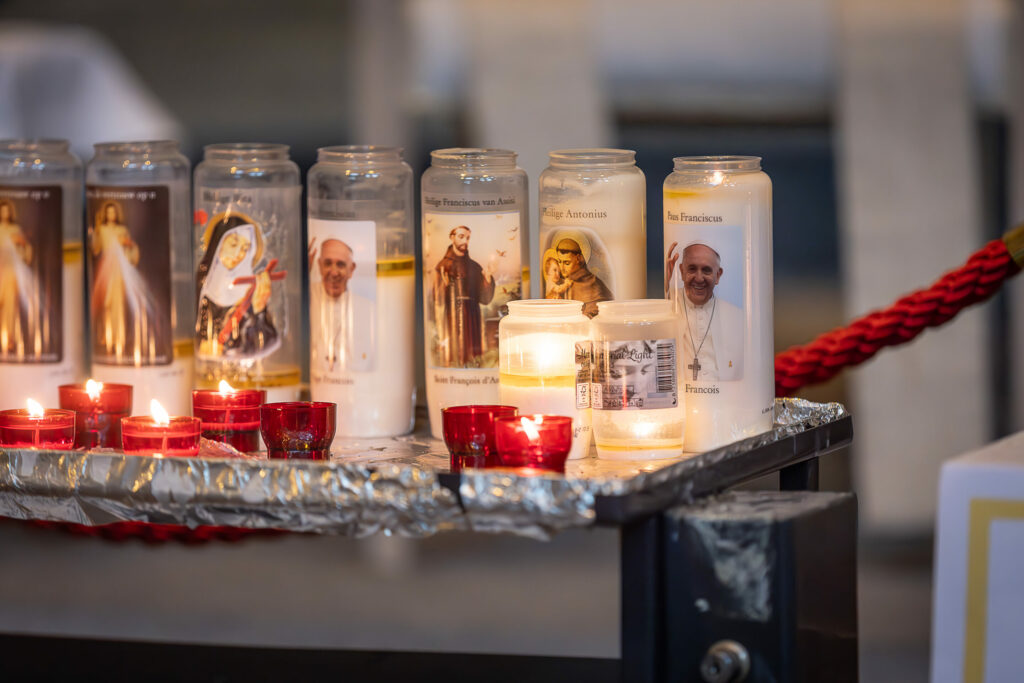The conclave to elect the next pope will start next Wednesday 7 May, reports the Italian press agency Ansa, based on Vatican sources.
From 7 May, 133 cardinals will gather in the Sistine Chapel to elect – in the greatest secrecy – the successor to Pope Francis, who died last week aged 88. The chapel has also been closed to the public since Monday, to make the necessary preparations.
All 135 cardinals – 107 of whom were appointed by Francis – were not yet 80 years old at the time of Francis' death and therefore may participate in the election. However, two of them will not attend the conclave due to health problems.
Belgium's Jozef De Kesel, who was archbishop until 2023, became a cardinal at the end of 2016 and will participate in the conclave. At the end of 2024, Francis created a second Belgian cardinal: Dominique Mathieu. He was born in Arlon but raised in Damme and has been Archbishop of Tehran-Isfahan in Iran since 2021.
How does it work?
During the conclave, the cardinals are strictly forbidden from having contact with the outside world. A candidate must have two-thirds of the cardinals behind him to be elected. Four votes are allowed each day. In the most recent conclaves, it took two to three days to elect a pope.
The ballot papers are burnt after each vote. After the election, a chemical is added that colours the smoke white, so that the faithful in St. Peter's Square know that a pope has been elected. Since 2005, a successful election has also been accompanied by the ringing of the bells.
As soon as there is a majority, the elected candidate is asked whether he accepts the papacy. As soon as he answers "accepta", he officially becomes the new pope. Then, he is asked which name he wants to take.
The eligible cardinals are not obliged to choose someone from their own ranks – any Roman Catholic man can become pope, in theory. However, a non-cardinal has not made it to pope since the 14th century.
From the balcony of the basilica, the cardinal with the longest service within the order of cardinal deacons calls out the well-known "Habemus papam" ("We have a pope"). The new pope then gives the papal 'Urbi et orbi' blessing for the first time, also from the balcony.
Related News
- Pope Francis 'cannot be separated from his predecessors' on sexual abuse in the Church
- 'He did good deeds right until the end' - Catholics in Belgium react to Pope's death
- Death of Pope Francis: What happens next, and how is a new leader chosen?
- Final farewell: Pope Francis laid to rest following funeral mass

